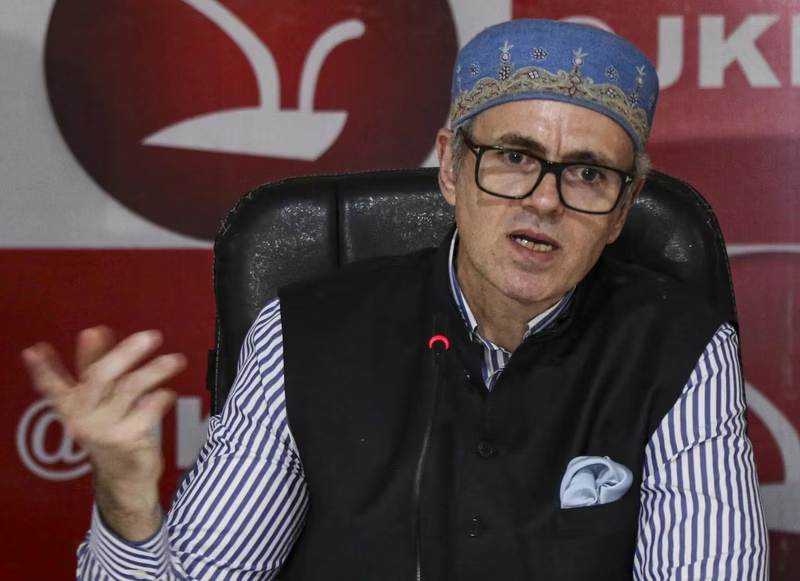In a moment that sparked debate far beyond the boundary ropes, Jammu and Kashmir Chief Minister Omar Abdullah has publicly voiced his disappointment over the Indian cricket team’s decision to skip the traditional post-match handshake with Pakistan during the recent Asia Cup clash. Calling it a missed opportunity to uphold the “spirit of the game,” Abdullah urged both nations to prioritize sportsmanship over politics—even as he advocated for the revival of bilateral cricket ties .
The incident occurred after India’s victory over Pakistan in the Asia Cup group stage, where captain Rohit Sharma led his team straight off the field without exchanging pleasantries with Salman Ali Agha’s side. While such gestures have become less consistent in high-stakes India-Pakistan encounters, Abdullah believes they remain vital symbols of mutual respect.
Why the Handshake Matters More Than You Think
For many fans, the post-match handshake is a small ritual—but for diplomats, players, and peace advocates, it’s a powerful statement. “Cricket has always been a bridge between our peoples,” Abdullah said in a statement. “When players refuse to acknowledge each other, it sends a message that rivalry has overtaken respect. That’s not the legacy we want.”
His comments come at a time when India-Pakistan cricketing relations remain frozen outside ICC-mandated tournaments. Bilateral series have been on hold since 2013 due to geopolitical tensions, leaving millions of fans starved of one of sport’s fiercest yet most unifying contests.
A Growing Divide in the Cricketing World
While ICC events force the two teams to meet, the atmosphere has grown increasingly tense. From silent dressing rooms to avoided eye contact, the warmth that once characterized encounters—even in defeat—has visibly cooled. Former players like Wasim Akram and Rahul Dravid have previously lamented this shift, calling for a return to grace under pressure.
Abdullah’s intervention is notable not just because of his political stature, but because J&K has long been a cricket-crazy region where fans passionately support both teams. “Here, children wear both Kohli and Babar Azam jerseys,” he noted. “They don’t see borders—they see heroes.”
Public Reaction: Divided but Hopeful
Online reactions to Abdullah’s statement have been split. Some praised his stance as a call for maturity, with one Twitter user writing, “Sports should heal, not divide.” Others argued that in the current climate, handshakes feel performative—and that real peace must come first.
Yet even critics agree on one point: cricket’s emotional power in South Asia is unmatched. A single match can ignite joy, heartbreak, and national pride across 1.5 billion people. With that power comes responsibility.
Timeline: India-Pakistan Cricket Relations Since 2008
| Year | Event | Status |
|---|---|---|
| 2008 | Mumbai attacks | Bilateral ties suspended |
| 2011–2016 | ICC tournaments only | No bilateral series |
| 2019 | World Cup clash (India won) | No handshake; tense atmosphere |
| 2023–2025 | Asia Cup meetings | Minimal interaction post-match |
The data shows a clear trend: as political relations stall, so does cricketing camaraderie.
What’s Next? A Path Forward
Omar Abdullah isn’t calling for immediate diplomatic breakthroughs—he’s asking for symbolic gestures that keep the door open. “Let the players lead where politicians hesitate,” he urged. “A handshake costs nothing but can mean everything.”
As the cricketing world watches, many hope that the next India-Pakistan match won’t just be about runs and wickets—but about restoring a little humanity to one of sport’s greatest rivalries.
